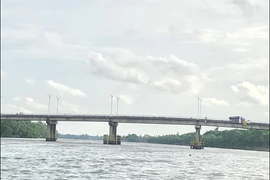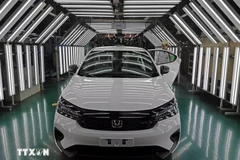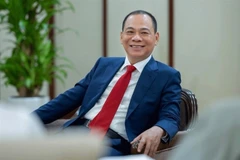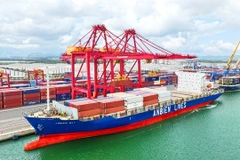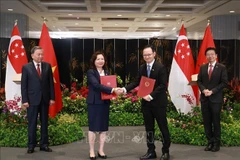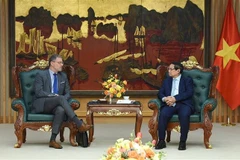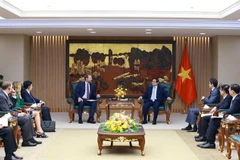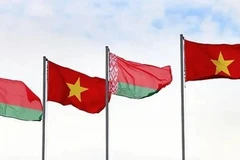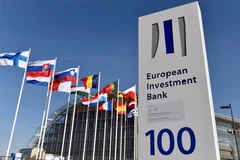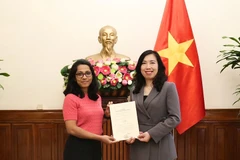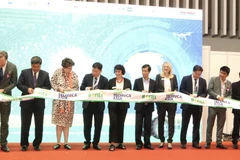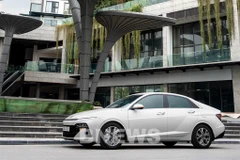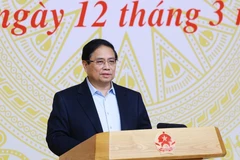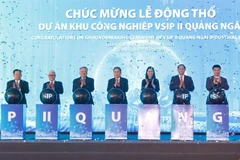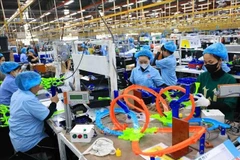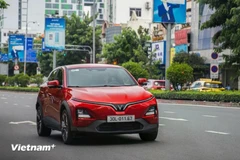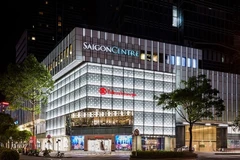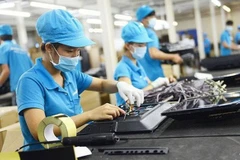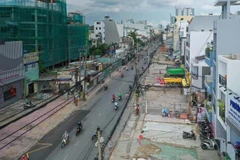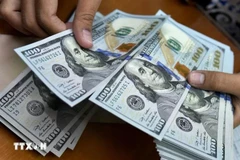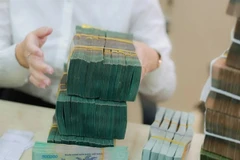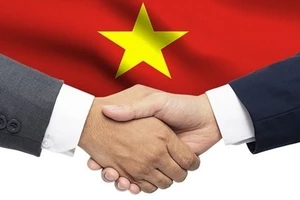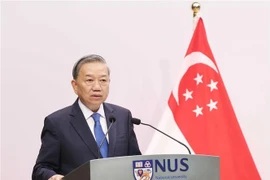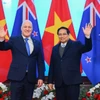Chinh made the statement while suggesting the ministry adopt new ways ofthinking and approaching when fulfilling its governing duties, during a meetingwith its leaders on April 27.
Minister of Transport Nguyen Van The reported that the ministry isdeveloping five plans for the sector for the 2021-2030 period and visiontowards 2050, including those for road, railway, seaport, airport, and inlandwaterway infrastructure. These will be submitted for the Prime Minister’sreview in the second quarter, he said.
He said that, this year, the ministry will focus all of its resources onspeeding up the progress of a number of major transport projects, most notablythe 654-km eastern section of the North-South Expressway, the Ben Luc - LongThanh and My Thuan - Can Tho Expressways, and Long Thanh International Airport,improvements to transport connectivity in the Central Highlands, and completingupgrades of runways and taxiways at HCM City’s Tan Son Nhat and Hanoi’s Noi BaiInternational Airports.
It is also preparing to begin work on new projects for the 2021-2025term, with a focus on those with spill-over effects, he added.
He further noted that the ministry will continue tackling problems at tollbooths, synchronously and efficiently deploying non-stop electronic tollcollection systems and ensuring traffic safety.
Speaking at the meeting, the Prime Minister asked that all 10-yearsectoral planning schemes being crafted by the Ministry of Transport remain connected toeach other for the formation of a complete national transport network. With plansin hand, the ministry must identify key projects so they will receivesufficient attention in terms of resource allocation.
The PM also urged the ministry to be better in building institutions,saying that exclusive policies and incentives should be designed for eachpriority area to attract investors.
He held that as State resources are limited, the ministry mustpromote public-private partnerships, among other measures, and learn from successfulmodels in developed countries when implementing projects. It shouldadopt a reality-based approach in formulating policies and mechanisms forbetter resources mobilisation, he added./.


